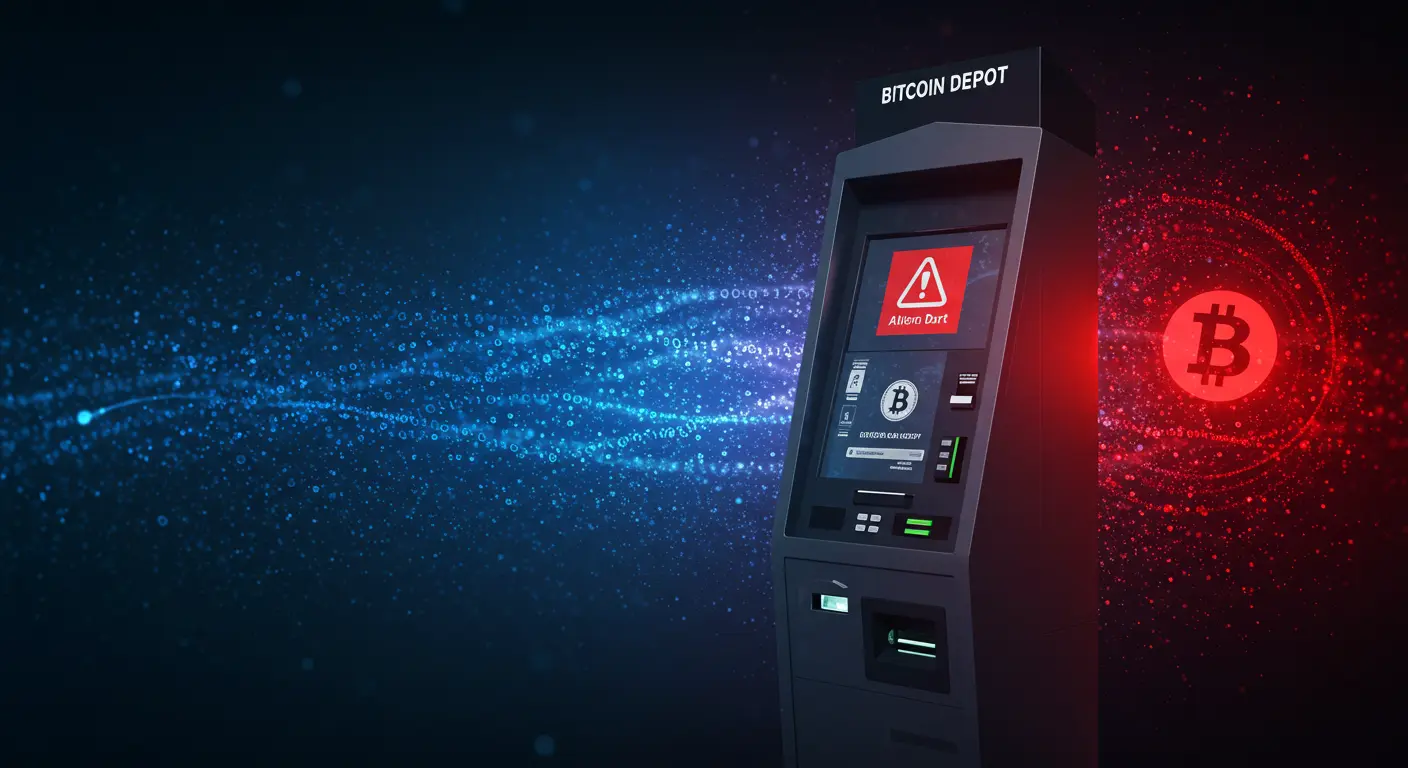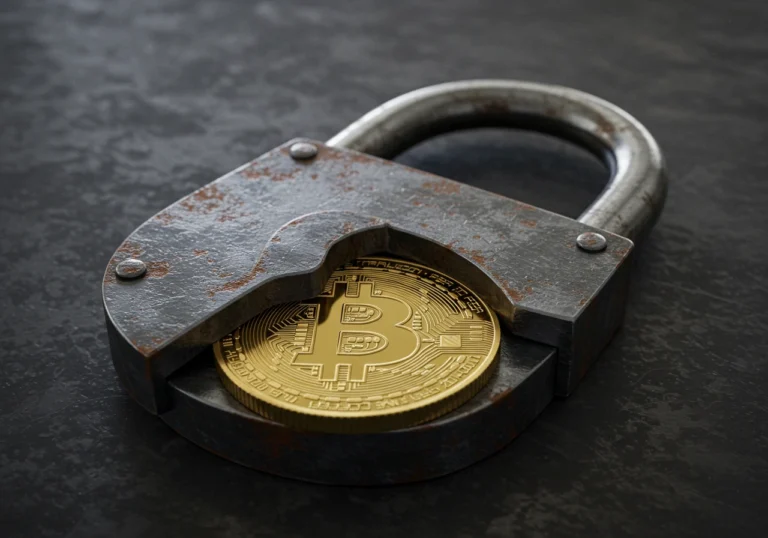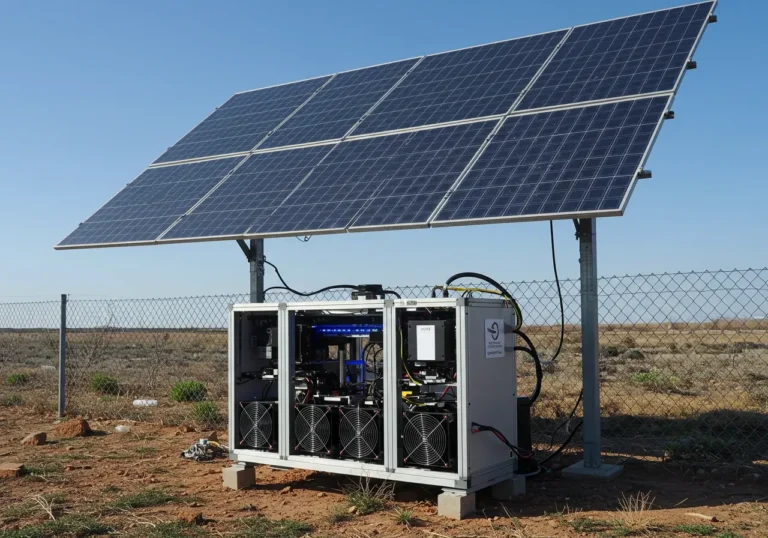Bitcoin Depot Breach: How Nearly 27,000 Users Had Their Personal Data Compromised
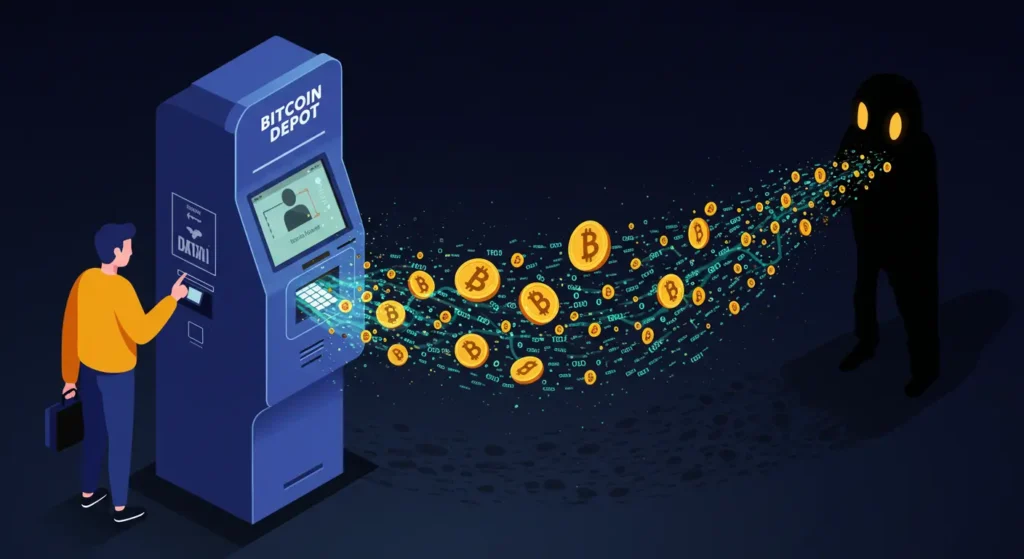
Let’s imagine: you stroll up to a Bitcoin ATM, ready to make a quick and easy transaction. It feels secure, straightforward—just scan your ID, follow a few prompts, and the crypto hits your wallet in minutes. But fast-forward a few weeks, and a notification lands in your mailbox: your personal details—everything from your full name and address to your birth date and driver’s license—were compromised. That’s exactly what happened to nearly 27,000 users of Bitcoin Depot after a recent data breach.
Here’s the thing: this happened on June 23, 2024. The truth remained hidden until July 2025, as law enforcement had instructed Bitcoin Depot to stay silent until their probe concluded. That left nearly a year where sensitive data sat in hacker hands.
The company keeps saying there’s no sign the data was misused. But let’s be real—when details like this are out there, scammers and identity thieves get their hands on them. That’s enough to make anyone uneasy.
Why This Matters to You
You might think crypto means privacy. But in the U.S., Bitcoin ATMs must verify IDs. That means handing over sensitive documents. If a breach occurs, your data—your identity—can vanish from your control.
And waiting almost a year to be told? That delay is huge. It gave scammers a wide head start while most people had no clue anything happened.
What People Are Saying
Online, folks are understandably upset. One user commented how breaches often lead to nonstop scam calls:
“I’m emailed nonstop, called every day by scam artists. All because of data breaches.”
Another person pointed out how fast things can spiral out of control:
“It took your team weeks to contact users? A lot can be done with stolen info in two weeks.”
These aren’t tech folks—they’re everyday people sharing their frustration and fear.
What You Should Do Now
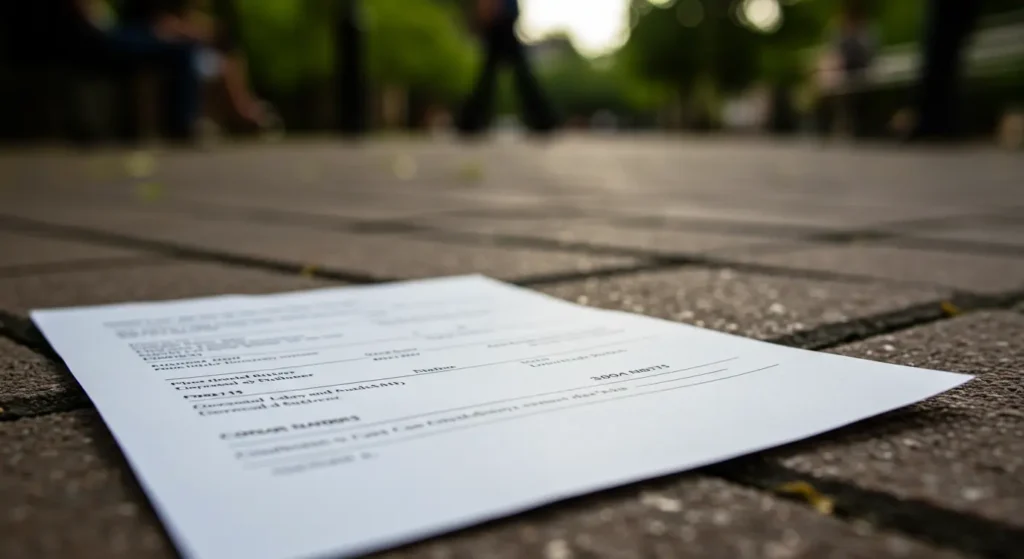
- Keep a close eye on bank statements, credit cards, and even your crypto accounts.
- Check your credit report at least a few times a year.
- Think about freezing your credit or placing a fraud alert.
- Be cautious with unexpected calls, texts, or emails asking for more info.
- Update passwords and make sure you’ve enabled two-factor authentication everywhere possible.
Why You Should Use Wallets You Control
Imagine a wallet where you hold the keys. No company stores your ID or documents. That means no centralized target for hackers. Peer-to-peer and decentralized platforms often don’t need identity verification, so your data stays with you.
Could This Happen Again?
Yes. As crypto use grows, so does the need for companies to collect data—and for hackers to go after it. That means staying alert is on you: update passwords, use alerts, and always ask what data a platform holds about you.
Trust and Transparency Are Crucial
If someone got hold of my sensitive documents, I’d want to know immediately. Wouldn’t you? Transparency builds trust—and that’s especially important in crypto, a space many join because they value privacy.
Bitcoin Depot did not offer identity protection services after the breach—citing legal reasons. But driver’s license info, birth dates, and emails can still be used maliciously. Many companies do offer help after breaches, but Bitcoin Depot left it up to users instead of stepping in.
Summary: What to Remember
- Nearly 27,000 users were affected by the breach.
- Exposed data included names, driver’s license numbers, addresses, birth dates, emails, phone numbers.
- Breach happened June 2024, notification came July 2025.
- No confirmed misuse, but the risk is real.
- Act now: monitor accounts, enable security features, consider freezing credit.
- Use wallets where you control your data.
- Privacy in crypto requires ongoing awareness and action.
Table of Contents

Hello, I’m Edmilson Dias, founder of CoinBringer. I created this platform to guide people through the fast-moving world of cryptocurrency with clarity and safety. With years of research in blockchain and digital security, my goal is to translate complex topics into practical knowledge, offering reliable tutorials, safety insights, and guidance for both newcomers and experienced users.
Discover more from CoinBringer
Subscribe to get the latest posts sent to your email.

